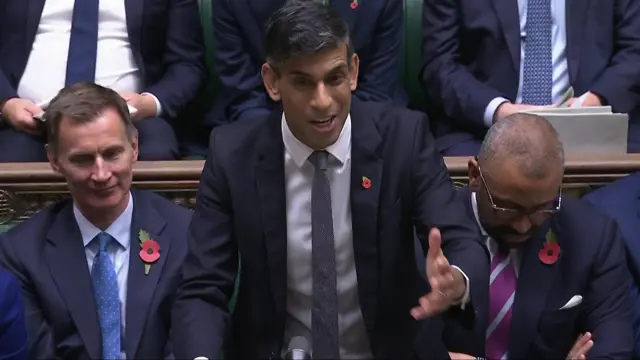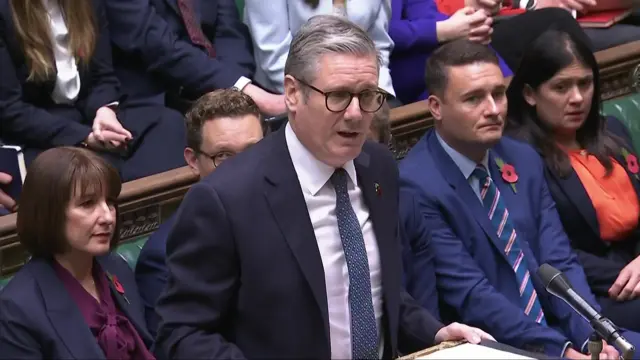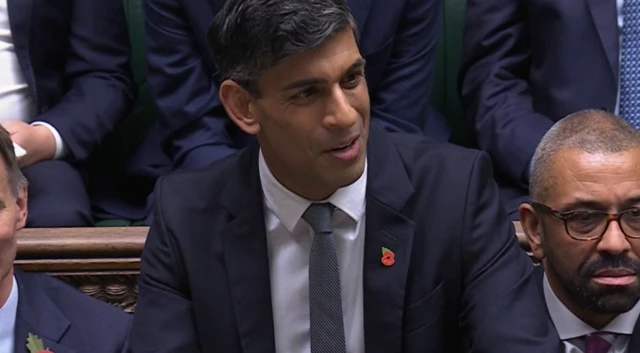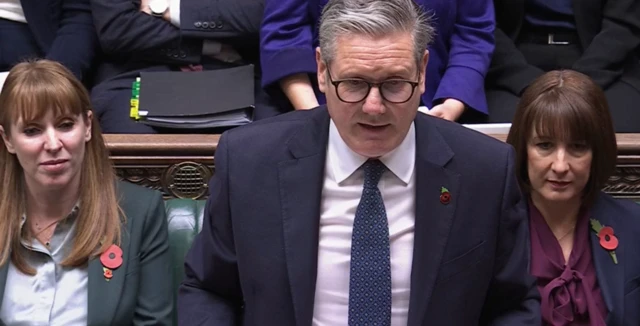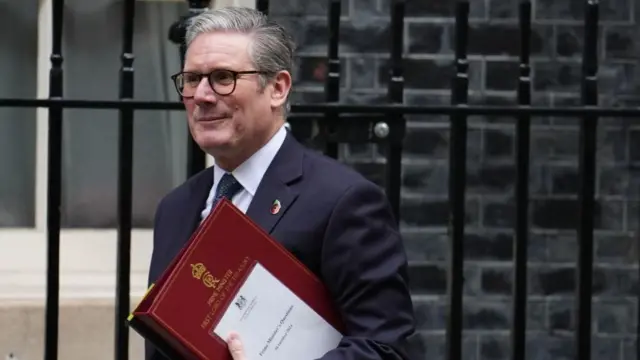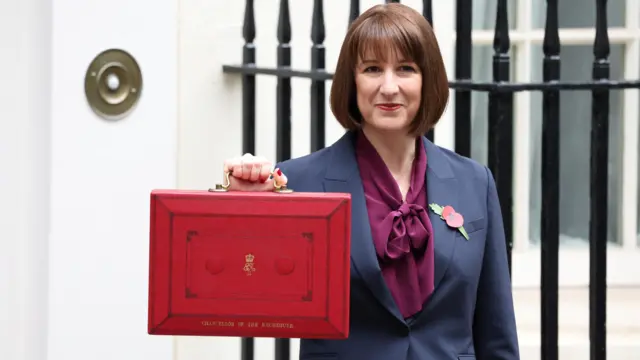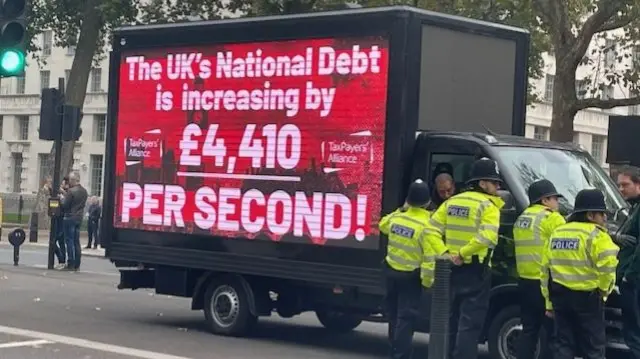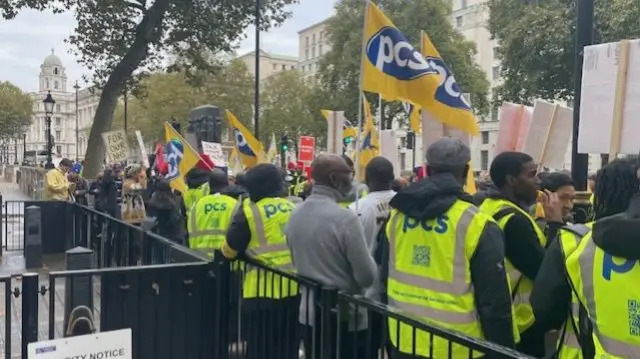OBR report on £22bn 'black hole' likely to feature in Budget speechpublished at 12:27 GMT 30 October 2024
 Faisal Islam
Faisal Islam
Economics editor
I'm hearing the Office for Budget Responsibility (OBR) report does conclude it would have forecast higher spending at the last Budget if it had received all the details on pressures from previous government.
This will be seized upon by the chancellor, but a crucial question is the extent - would this have led to a breach of the then fiscal rules? Perhaps not.
It seems unlikely the OBR itself will point a finger of blame here, but expect to hear a lot of this in the speech.

